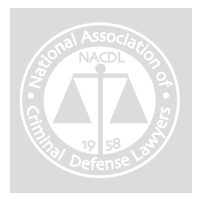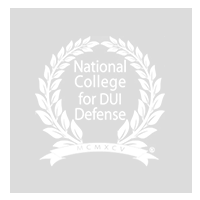THE FIFTH AMENDMENT MEANS MORE THAN "THE RIGHT TO REMAIN SILENT"
Part I
Article by Vicki Koutsogiannis
Many of us are already familiar with the iconic words, "You have the right to remain silent, anything you say can and will be used against you in a court of law...." (The right to remain silent is actually only a part of the iconic Miranda Warnings, which also include the right to an attorney's presence during questioning, the right to an appointed attorney for indigent persons, and the right to decide when to answer questions.) The Fifth Amendment to the U.S. Constitution undoubtedly affords a very powerful protection- that is, the privilege against against self-incrimination; you cannot be compelled to answer questions or make statements which could implicate you in a criminal case. Yet there are additional protections offered by the Fifth Amendment: the right to indictment by grand jury for capital/ infamous crimes, the protection against double jeopardy, the right to due process of law, and the right to just compensation when private property is seized for a public/ governmental purpose.
Although it is more commonly raised in the criminal context, self-incrimination can also be an issue in a civil case. If you are a witness in a civil matter and you believe that the testimony you provide could implicate you criminally, and subject you to potential prosecution, then you "plead the fifth" to avoid this result.
The Fifth Amendment also protects against multiple criminal prosecutions for the [same] offense. For example, if you are on trial for armed robbery and are acquitted (not-guilty verdict), the government cannot later indict and prosecute you for armed robbery, assuming it's the same case with the same alleged victim. Actually, the government could not prosecute you again for that same offense (again, same alleged victim), even if this time, they just charged you with robbery. This scenario is actually known as the Blockburger test, based on U.S. Supreme Court precedent, and it has refined the double jeopardy clause as we know it today. Basically, the government has one shot at prosecuting your case, and cannot subject you to prosecution for the same offense, even with a lesser offense or greater offense from the original charge. However, keep in mind that there will be rare exceptions to Blockburger. In order for jeopardy to "attach" (and therefore prevent further prosecution), in a jury trial, the jury must be sworn in. In a bench trial before a judge, for jeopardy to attach, the first witness in the case must be sworn in.







